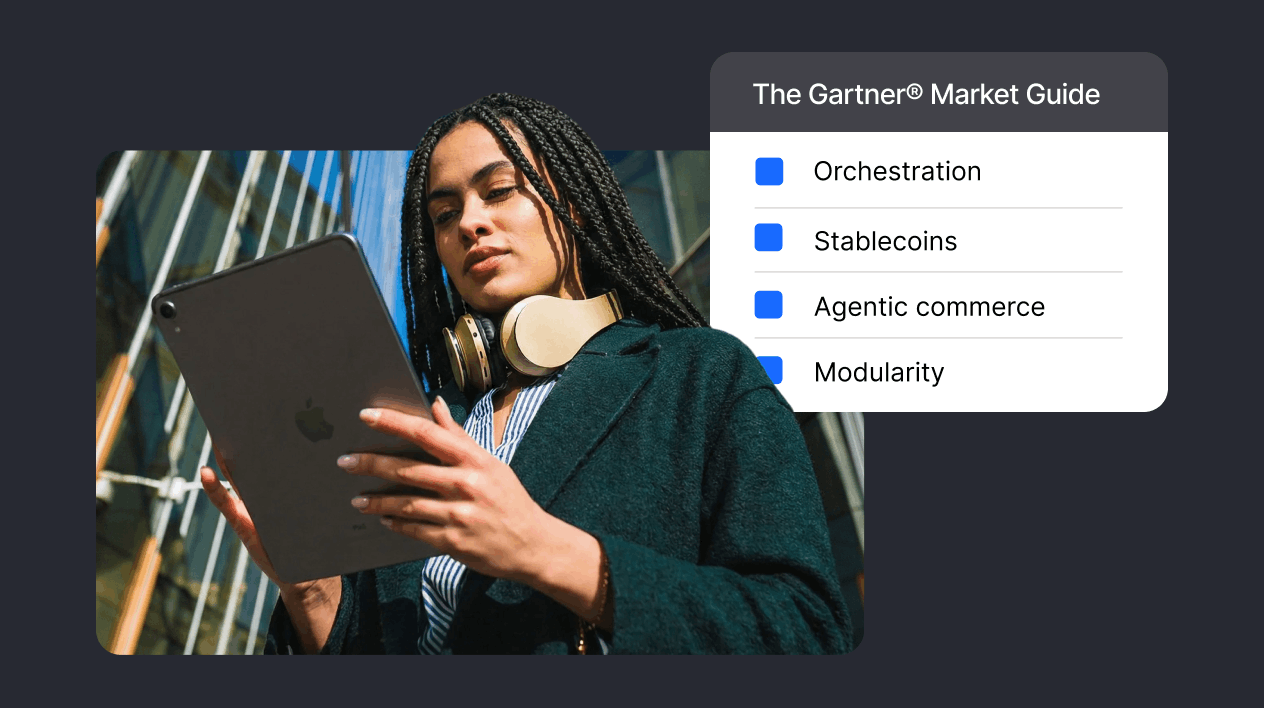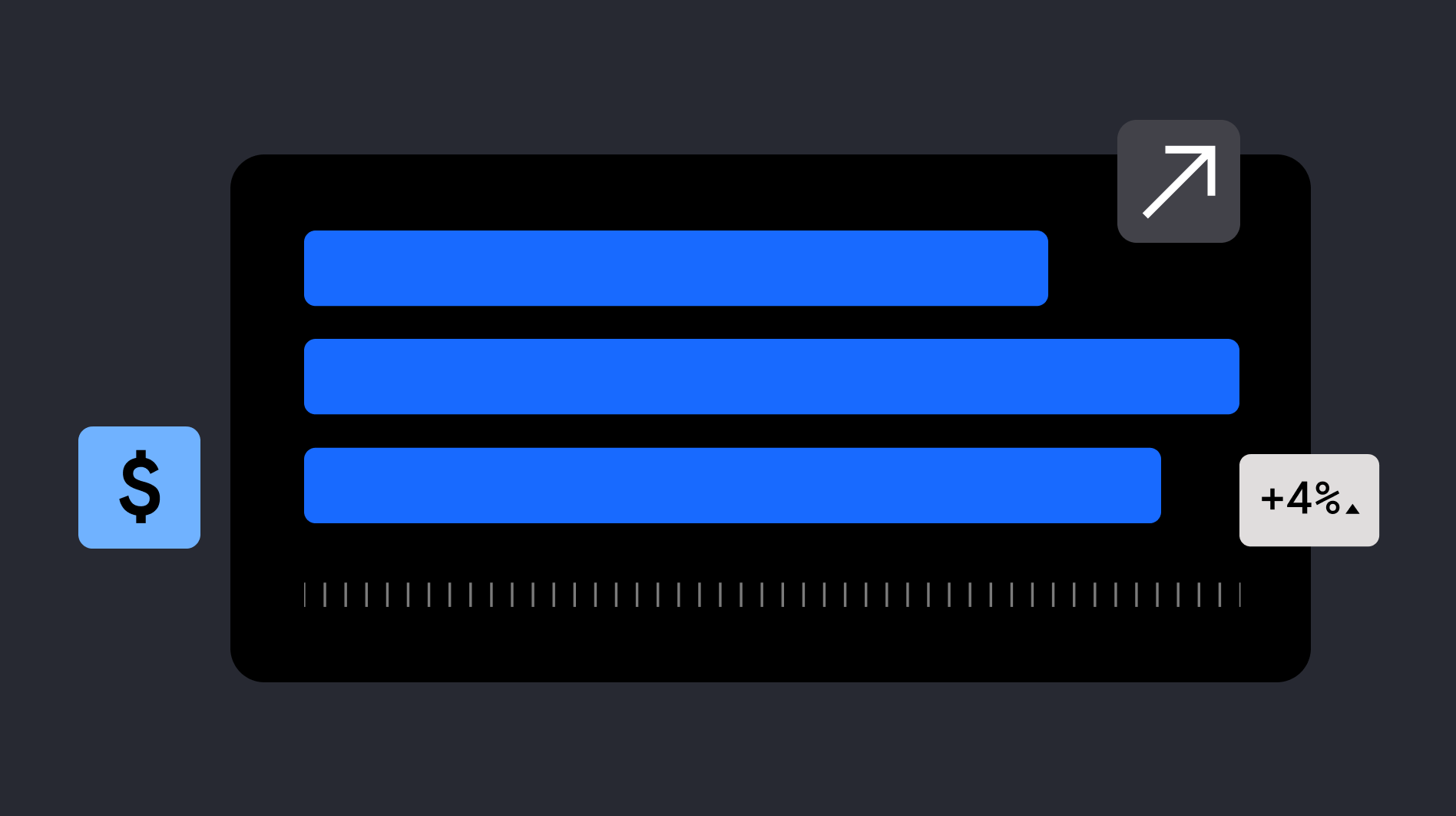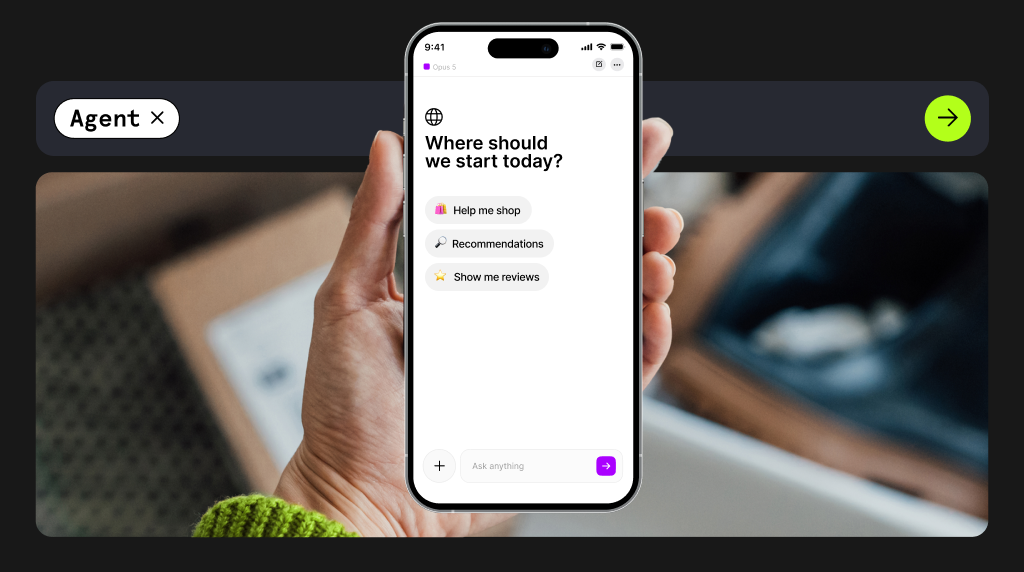It’s rare to find a business these days that, by design or necessity, doesn’t have some part of its supply chain or customer base overseas.
Today, it’s easy for even the smallest business to source the highest quality or most competitively priced goods or services from wherever they might be in the world, or to ship their goods to anywhere they're needed.
At the heart of this global trade are multi-currency payments, which foster international commerce by allowing buyers and suppliers to transact in their preferred currencies.
But multi-currency payments go beyond simply making foreign exchange transactions. It’s a whole system of payment processing that deals with the complexity of regional differences, taxes, and regulations.
In this article, we explain how multi-currency payments work, what a multi-currency gateway is, how they differ from cross-border payments, their benefits, uses, and more.
What is a multi-currency payment?
Multi-currency payments refers to the practice of processing payments in different currencies. During the transaction, the buyer makes a payment in their domestic currency and the supplier receives the funds in their own domestic currency.
Many factors influence the exchange rate between currencies, including each country’s economic stability, supply and demand, and trade terms, which can result in high transaction fees and tax implications.
Multi-currency payment providers allow businesses to limit the effects of these unpredictable forces, and to make more cost-effective and streamlined international payments to their overseas partners.
How do multi-currency payments work?
Here’s a step-by-step guide to how multi-currency payments work:
- Buyer makes a purchase - the transaction is initiated when a buyer finds a product or service on the website of a seller
- The buyer chooses a currency - at checkout, the buyer is given the option to pay in their preferred currency
- The currency is converted - the currency is converted at the current exchange rate and the buyer is presented with the purchase amount in their chosen currency, as well as any necessary fees
- The buyer chooses a payment method - the buyer chooses to complete the purchase using a compatible payment method. E.g. credit card, PayPal, digital wallet, ACH or wire transfer
- The payment is processed - their payment details are captured by the payment gateway and submitted to the processor and banks for authorization
- The payment is settled - the purchase amount is deducted from the buyer’s bank account in their chosen currency and settled in seller’s account in their base currency
- Confirmation - both parties are notified that the payment has been completed and the buyer receives a receipt containing details of the multi-currency payment
What is a multi-currency payment gateway?
A payment gateway is the software that securely captures cardholder data at checkout and submits it to the issuing bank and card networks for approval and authorization.
A conventional payment gateway takes the payment in the domestic currency of the buyer, which, if the seller operates in a different country, then has to be converted into a foreign currency by an intermediary at a high cost to the merchant.
A multi-currency payment gateway avoids these costs by allowing the buyer to transact in one currency and the seller to withdraw the funds in another.
For example, here’s how a multi-currency payment gateway works in practice:
- Let’s say you’re an online merchant that’s based in the US but sells worldwide. A customer in India visits your online store and decides to buy a product. If you have a multi-currency payment gateway integrated into your site, the customer in India will see your product prices in their preferred currency
- The customer enters their card details at checkout and your payment gateway captures that information and submits it to the relevant bank or payment processor
- Once authorized, the amount is deducted from the customer’s bank account and, thanks to your multi-currency payment gateway, automatically adjusted and settled in your merchant account in your preferred currency, avoiding costly conversion fees
What is the difference between cross-border payments vs multi-currency payments?
The key difference between cross-border payments and multi-currency payments is that, while cross-border payments always take place between entities in two different countries, a multi-currency payment could be conducted between two entities in the same country, provided the transaction is made using different currencies.
For example, an international business may have a presence in the same country as a customer or supplier, but still choose to transact in a foreign, non-domestic currency, because of where they are headquartered.
Use cases of multi-currency payments
In our increasingly globalized world, multi-currency payments are useful for a variety of commercial purposes.
Ecommerce
Online shopping is essentially commerce without borders. Since, unlike a brick and mortar store, your online shop is available to any country you’re prepared to ship to, Ecommerce opens up a global customer base to merchants and a world of products to consumers.
Multi-currency payments reduce the costs and friction for merchants of taking Ecommerce payments from consumers in foreign countries.
Marketplace platforms
For marketplace platforms and their merchants, multi-currency payments streamline the processing of payments from customers in a variety of countries and, subsequently, allow those platforms to disburse the correct payouts to their merchants in their preferred currency. This ensures everyone party in the chain can avoid the high fees that would otherwise be incurred by multiple currency conversions.
Nonprofit
Nonprofits with interests in countries other than their own often have to send large donations in foreign currencies. By using multi-currency payment processing, nonprofits can avoid the high costs of international transactions that could otherwise take significant deductions from aid to communities in need.
Global businesses
If you’re a global business with suppliers in another country, you will frequently have to make overseas payments to restock. Without multi-currency payment processing, the currency conversion fees incurred every time could be really punishing and affect your business relationships with international suppliers.
Benefits of multi-currency payments
Here are the main benefits of multi-currency payments for both customers and merchants:
- Convenience and customer experience - customers can make payments in their local currency, which is far more transparent than having to pay in a foreign currency with a fluctuating exchange rate. For merchants, offering multiple currencies is an easy way to optimize the checkout experience, which can boost conversions
- Avoids confusion over fees - as a merchant, multi-currency payment gateways allow you to avoid foreign exchange conversion fees, which means more cost-effective cross-border transactions. It also avoids confusion around conversion rates, which , as they are constantly in flux, can make it hard to understand whether or not you’re getting a good deal during the exchange
- Dynamic currency conversion - multi-currency payment processing allows merchants to provide dynamic currency conversion (DCC), where the customer can make a purchase in their home currency, making the overall costs easier to understand
- Boost global expansion - thanks to a combination of the above factors, multi-currency payments makes growing your business internationally much more achievable and affordable
How to choose a multi-currency payment system
There are many solutions to choose from to help you with multi-currency payment processing. To choose the most suitable option for your needs, you should take into account these key considerations:
Compliance and regulation
Complying with the rules and regulations can be one of the most prohibitive aspects of international commerce, especially when failure to meet those obligations can result in penalties. That’s why it’s so important to work with a multi-currency payment provider that provides expert support for navigating these complexities by, for example, meeting industry standards like PCI-DSS or regulations like GDPR. That way you don’t have to spend time and effort worrying about legal issues, and can instead focus on growing your business.
Fraud detection
Fraud is a major issue for all online businesses, but especially so for those that trade overseas. Cybercriminals can take advantage of weaknesses in the global payment system, as well as the anonymity granted by ecommerce, to commit theft and money laundering. Security should be at the heart of whichever payment provider you choose. Automated fraud detection, which uses machine learning and flexible rules to spot and block suspicious transactions, is essential.
Local customer support
Customer preferences vary significantly by region, not just in terms of currencies but also payment methods. Choose a multi-currency payment provider that allows you to meet those changing needs by offering a variety of popular local payment methods, currencies and shipping options. That will help to build trust and boost sales with customers wherever they’re located.
Multi-currency payments with Checkout.com
Checkout.com is the perfect partner for online businesses with an international presence. We allow you to accept payments in more than 150 currencies in every global region, and we also offer numerous settlement currencies.
On top of that, we are compliant with all major payment industry regulations and automatically adapt to changing legislation so you don’t have to worry. You’ll also get peace of mind thanks to our robust fraud detection and prevention system, which fights fraudsters while increasing your acceptance of legitimate transactions.
Find out more about Checkout.com’s international coverage.







%20v1.jpg)


.png)

.png)



